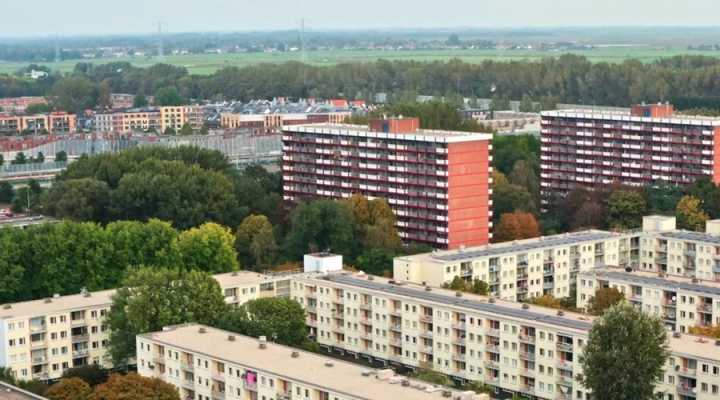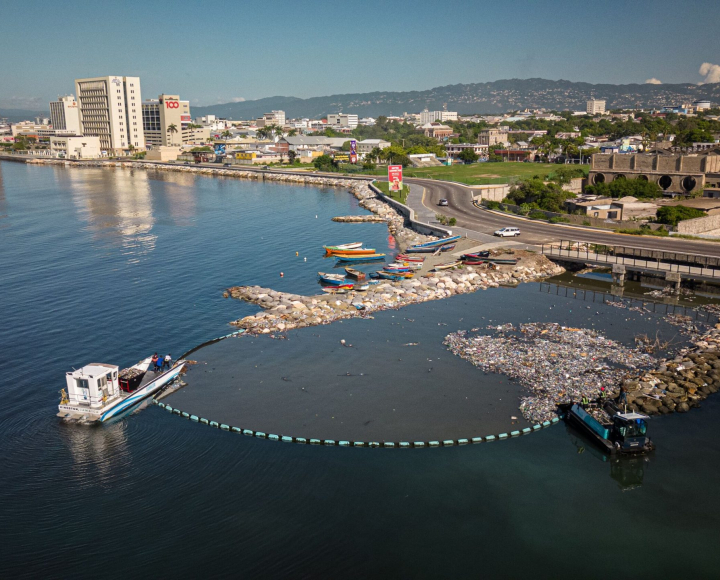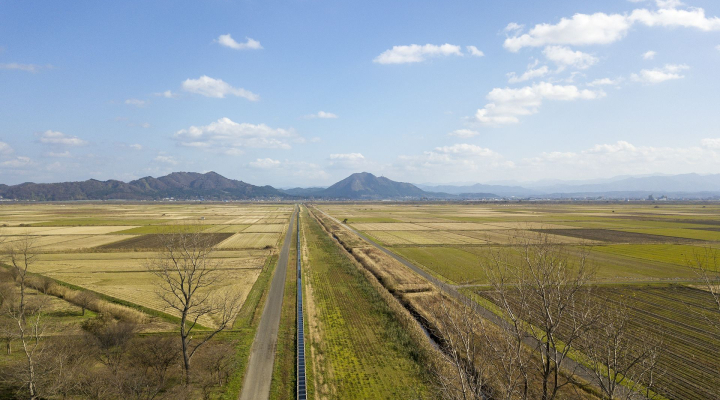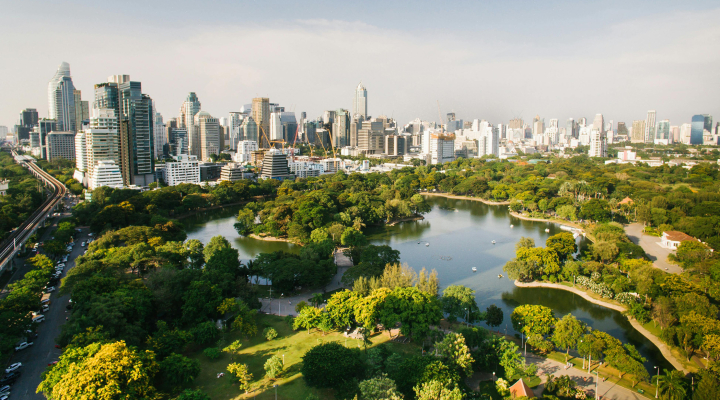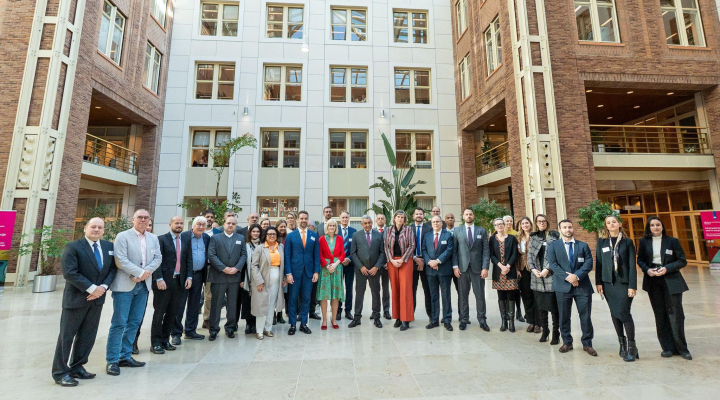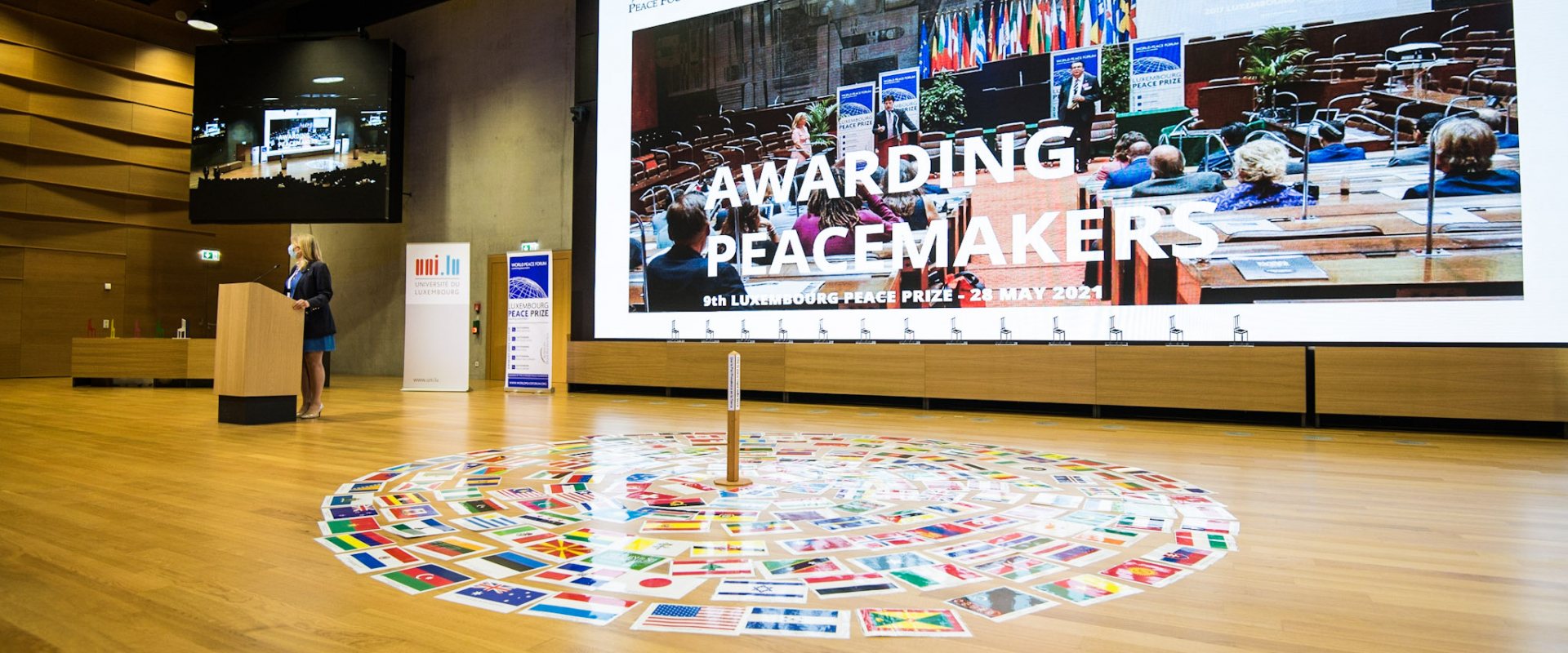
WPS partnership receives peace prize for identifying water-related security risks
The Water, Peace and Security Partnership has been awarded the 2020 Luxembourg Peace Prize for Outstanding Environmental Peace.
The postponed Luxembourg Peace Prize ceremony took place on 28 May 2021.
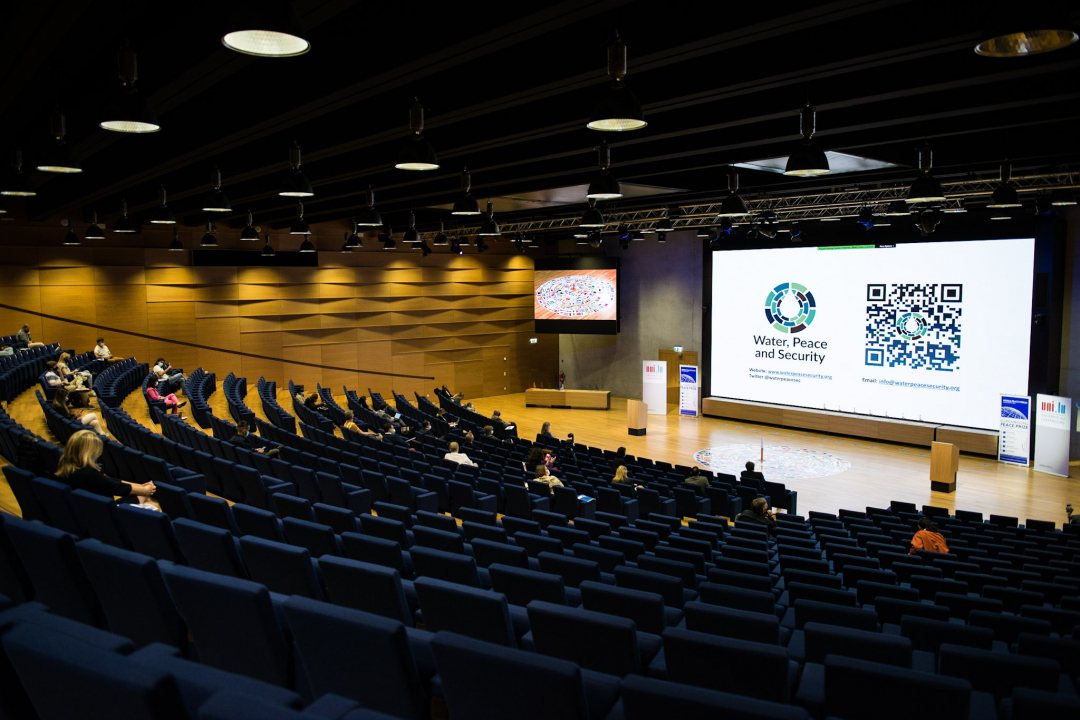

Outstanding peacemakers
For the ninth consecutive year, the Schengen Peace Foundation and the World Peace Forum awarded the prestigious Luxembourg Peace Prize to outstanding peacemakers and activists. The distinguished peacemakers represent a diverse mix of activists, educators, leaders and artists from all corners of the globe in twelve categories.
The category Outstanding Environmental Peace acknowledges contributions to sustainable development, natural resource management, environmental governance, and environmental conflict management from an ecological perspective.
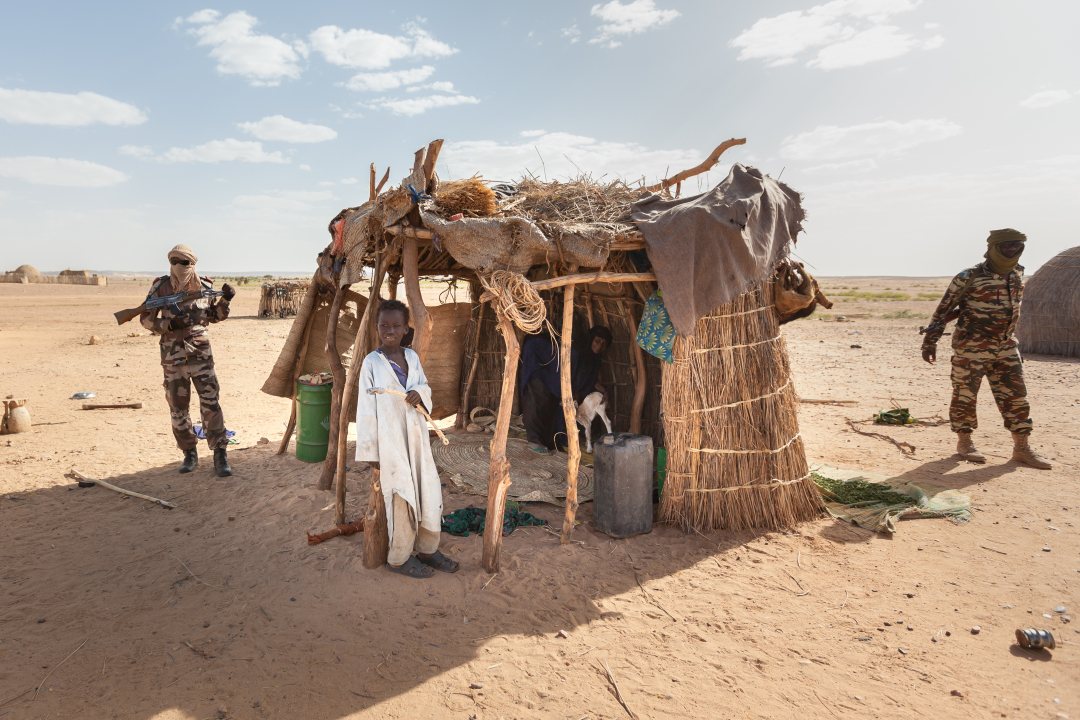

Early warning
The winning Water, Peace and Security (WPS) partnership was praised as being a pioneer for the development of new tools and services that help identify and address water-related security risks. These tools and services can link hydrological, social, economic and political factors to pinpoint changes in short-term water availability and provisionally assess their potential impacts on society.
According to the organisers this information can trigger evidence-based actions to prevent or mitigate human security risks. WPS tool and services facilitate this process by raising awareness, developing capacities and supporting dialogue that together underpin effective coordinated action.
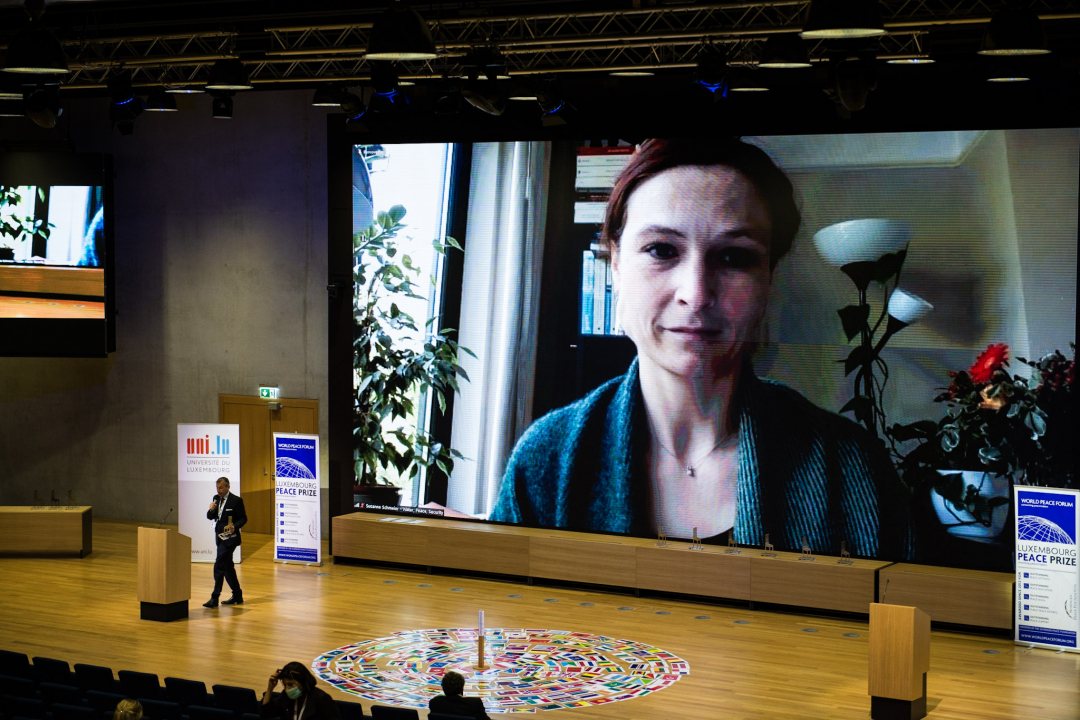

Dialogue support
The WPS partnership was founded in 2018 by the Netherlands Ministry of Foreign Affairs and a consortium of six partners: IHE Delft (lead partner), World Resources Institute (WRI), Deltares, The Hague Centre for Strategic Studies (HCSS), Wetlands International and International Alert.
WPS provides data, analyses risks, proposes solutions and supports the prevention of conflicts over water by enabling investors, policymakers and communities to take coordinated action at an early stage. Its research pinpoints changes in short-term water availability and their potential impacts on society. Based on this information, evidence-based actions can be taken to mitigate human security risks, which WPS partnership facilitates through capacity development and dialogue support.
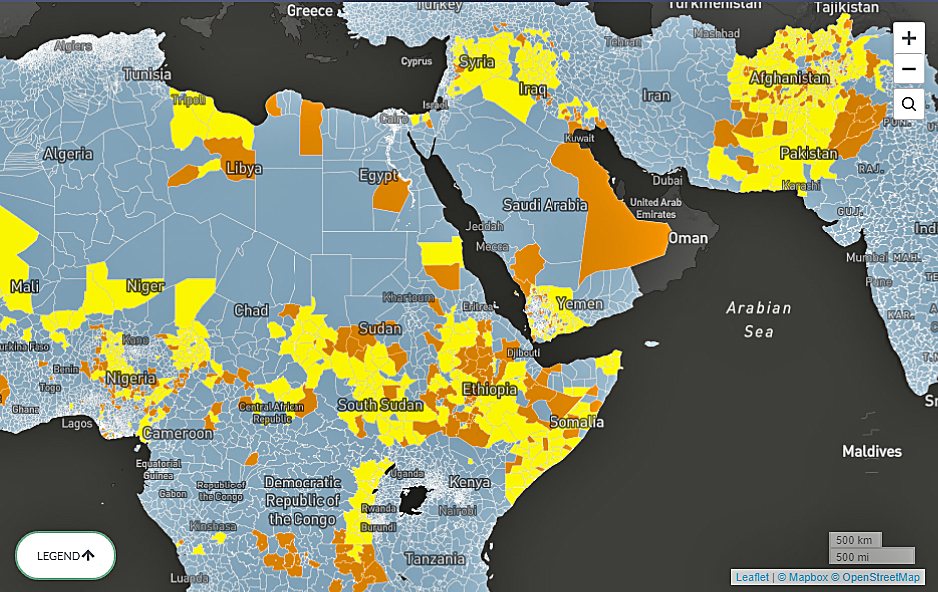

Global conflict map
One of the outputs is the Global Early Warning Tool that uses machine learning to predict where violent conflicts are likely to occur. The tool predicts the risk of conflict over the coming 12 months across Africa, the Middle East, and South and Southeast Asia (and soon globally) by analyzing patterns between violent conflict and more than 80 environmental and socioeconomic variables going back 20 years.
In December 2019, the tool reported significant risk of water-related conflict in parts of Iraq, Iran, Mali, Nigeria, India and Pakistan over the next 12 months.
Support local and international actors
During the award ceremony Susanne Schmeier, WPS partnership coordinator and senior lecturer at IHE Delft received the prize on behalf of the partnership. ‘Receiving the prize is a great motivation for us to continue and further intensify our work on the linkages between water and climate insecurity and conflict, instability and fragility’, Schmeier said.
She expressed hope that the partnership will be able to advance it’s tools and continue to support actors at the local, national and international level. ‘This will hopefully contribute to a more peaceful world — especially in times of complex crises’, Schmeier said.




